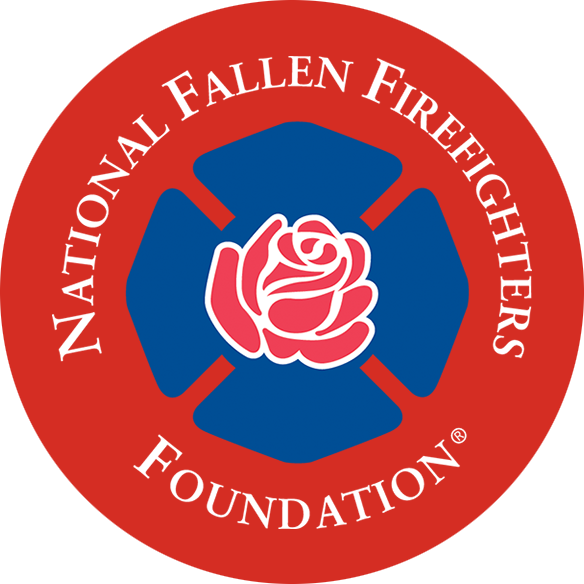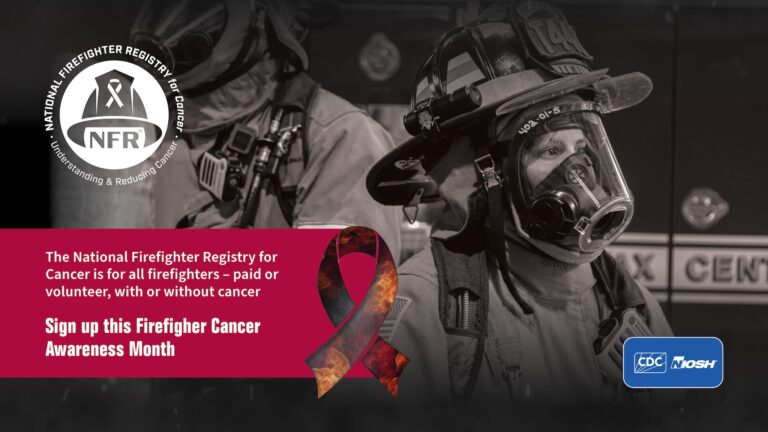By NFFF CEO Victor Stagnaro and Chief Billy Goldfeder, NFFF Board Member
On August 16, 2022, President Joe Biden signed the Public Safety Officer Support Act of 2022 into law. This new law (P.L. 117-172) makes significant changes to the Public Safety Officers’ Benefits (PSOB) program – extending coverage for first responders who die as a result of suicide under certain circumstances or are permanently and totally disabled as a result of traumatic self-inflicted injury. The law is retroactive to January 1, 2019.
At the first Firefighter Life Safety Summit, held in March of 2004, the national fire service organizations realized that firefighters and their families must have access to counseling and psychological support and included this when developing the 16 Firefighter Life Safety Initiatives. The Public Safety Officer Support Act, predominantly promoted by our sisters and brothers in law enforcement, validates that first responders undergo psychological injuries. More must be done to build resilient firefighters, provide access to culturally competent mental health professionals and support firefighters’ mental health.
Here is what we know about the PSOB changes:
About the Extended Coverage
Previously, the PSOB only covered physical injuries and excluded any coverage for mental health injuries experienced on-duty.
The law expanded the definition of an injury to include post-traumatic stress disorder (PTSD), acute stress disorders, and trauma– and stress-related disorders in cases where an officer was exposed on duty to one or more of the following types of traumatic events:
- a homicide, suicide, or the “violent or gruesome death” of a person (including a death from a mass casualty or fatality event or mass shooting);
- a “harrowing circumstance” posing an “extraordinary and significant” danger to the life of, or serious bodily harm to, any person (including a mass casualty or fatality event or mass shooting); and
- an act of criminal sexual violence against a person.
The new law will:
Allow those public safety officers who are permanently and totally disabled as a result of traumatic service-related experiences to seek disability benefits for PTSD linked to severe trauma. It directs the PSOB to designate work-related PTSD and acute stress disorders as a line of duty injury for eligible officers—as well as those who are permanently disabled as a result of attempted suicide; and
- Allow families of public safety officers who die by trauma-linked suicide to apply for survivor benefits. It directs the PSOB to presume that suicides are a result of job duties in certain traumatic circumstances where there is evidence that PTSD or acute stress disorder would be the cause of the injury.
For survivors to be eligible for these benefits, the officer must have:
- Taken an action intended to cause the officer’s death within 45 days of exposure to a traumatic event, as defined by the law, and;
- The officer’s action was a direct and proximate cause of the injury,
- The officer’s action was not inconsistent with a psychiatric disorder; or
- Taken an action intended to cause the officer’s death more then 45 days after being exposed to a traumatic event, as defined by the law, and;
- The officer’s action was a direct and proximate cause of the injury, and
- The exposure was a substantial factor in the officer’s action.
Post-Traumatic Stress: Providing Support When Needed
The Public Safety Officer Support Act of 2022 specifically brought to light how the work of public safety officers places them at up to a 25.6 times higher risk for developing post-traumatic stress disorder when compared to individuals without such experiences—and that public safety officers are more likely to die by suicide than from any other line-of-duty cause of death.
Providing firefighters with needed support either immediately after trauma or in the weeks, months, or years that follow is a key component of NFFF’s mission. NFFF knows first-hand that everyone reacts differently to trauma, and people reach out for help in their own time. Some want to talk or seek support right away, while others wait years – even as long as two decades. And some will never reach out for help at all.
The Foundation also sees first-hand how every person’s experience is unique. That’s why NFFF will always be there for firefighters, their departments, and their families, no matter how long that support is needed. NFFF recognizes that we and other organizations like us share in the responsibility to make sure that we continue to offer mental health support – not just at the time of a major trauma, but at all times. In this way, whenever people are ready to ask for help, the NFFF and the larger fire service family is here to provide it.
NFFF Supports Fire Hero Families
It is estimated that a fire department is three times more likely to experience a suicide than what was previously understood to be a line-of-duty death. With the new law, under certain circumstances, the survivors of public safety officers will be eligible for PSOB benefits if the officer died as a result of suicide or has become permanently disabled as a result of attempted suicide or post-traumatic stress.
Whenever firefighter dies in the line of duty, the National Fallen Firefighters Foundation (NFFF) provides their families with a place to turn.
- The National Fallen Firefighters Memorial is the official national memorial to fallen firefighters, where a grateful nation honors its fallen fire service heroes.
- The Foundation creates and implements a variety of programs and services designed to support Fire Hero Families—beginning at National Fallen Firefighters Memorial Weekend and continuing as long as a family wishes to stay involved.
- All year long, Fire Hero Families engage via virtual and in-person peer support sessions and workshops, remembrance cards, education scholarships, mentorship, and a variety of other activities. Through these NFFF efforts, all families know that we will never forget their firefighter.
The Foundation also offers training to help fire departments handle a line-of-duty death. Immediately after a death, departments receive both technical assistance and personal support to help the department. Peer support and advocacy are available for uniformed officers as well as other fire department members. In the case of behavioral health crises, special intervention is provided to help support members in need and to assist departments deal in the days and weeks following a traumatic loss.
Fire service departments/agencies and survivors can find answers to frequently asked questions regarding the changes to the law in a FAQ document. Details about the new law in the U.S. Government Congressional Research Service report on the PSOB program.
Background and Resources
Downloadable Materials:
- Fire Service Behavioral Health Management Guide
- Fire Service Behavior Health Rapid Response – Recommendations Following A Mass Violence Incident
- Fire Service Behavioral Health Rapid Response – Recommendations Following An On-Duty Fatality, Injury Or Severe Close Call
- Fire Service Behavioral Health Rapid Response – Suicide
- Confronting Suicide in the Fire Service: Report and Recommendations
- Suicide: What You Need to Know: A Guide For Fire Chiefs





